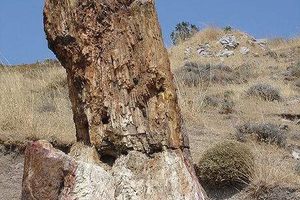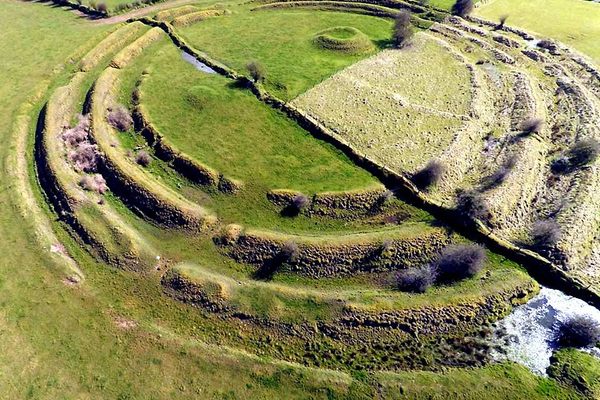About
Famous for being the focal point of the legendary Trojan war, the city that was duped by a wooden horse was long theorized to exist around the region of modern Turkey, but it took decades of literary comparison to actually find the city of Troy.
In 1868 German businessman and archeologist Heinrich Schliemann had a chance meeting with English archeologist Frank Calvert who had begun digging in Hisarlik, Turkey and the first step in finding Troy was underway. The two were able to uncover a number of overlapping classical ruins in the area pointing to a series of cities that were essentially built on top of one another over the early centuries. Excavations on the area continued unabated throughout the years after its groundbreaking, with each new team finding more and more artifacts and ruins in a seemingly endless series of discoveries. The Troy site would come to be one of the most complex archeological digs in history, revealing nine distinct ages of urban construction. Over the years researchers dug up coins, jewelry, defensive walls, theaters, and a number of other buildings.
While all of the work at the Troy site was done under the general acceptance that the site was the actual location of the historical city, it was not confirmed (as much as such a thing can be) until 2001 when a team of researchers used a mix of geology, literary reference, and topography to identify the site. Troy now welcomes tourists, and you don't even need to trick your way past the gates.
Related Tags
Community Contributors
Added By
Published
October 3, 2013


























